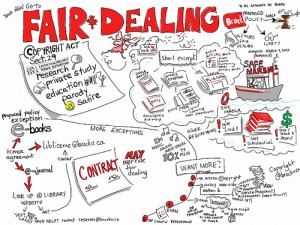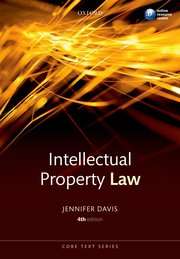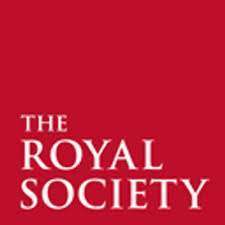Intellectual Property: Fair Dealing and Public Interest
Fair use is a limitation and exception to the exclusive right granted by copyright law to the author of a creative work. ‘Fair Use’ allows limited use of copyrighted material without the need to get permission from the copyright holders. It makes provision for the legal, unlicensed citation or inclusion of copyrighted materials in another author’s work. There are numerous examples of fair use in intellectual property including criticism, review, commentary, search engines, parody, journalism, research, teaching, archiving and scholarship.



